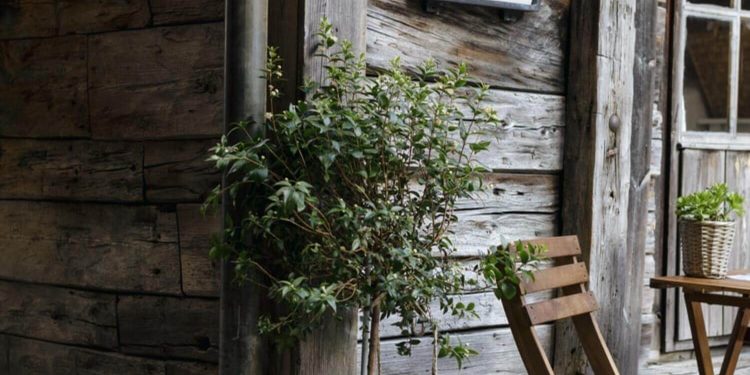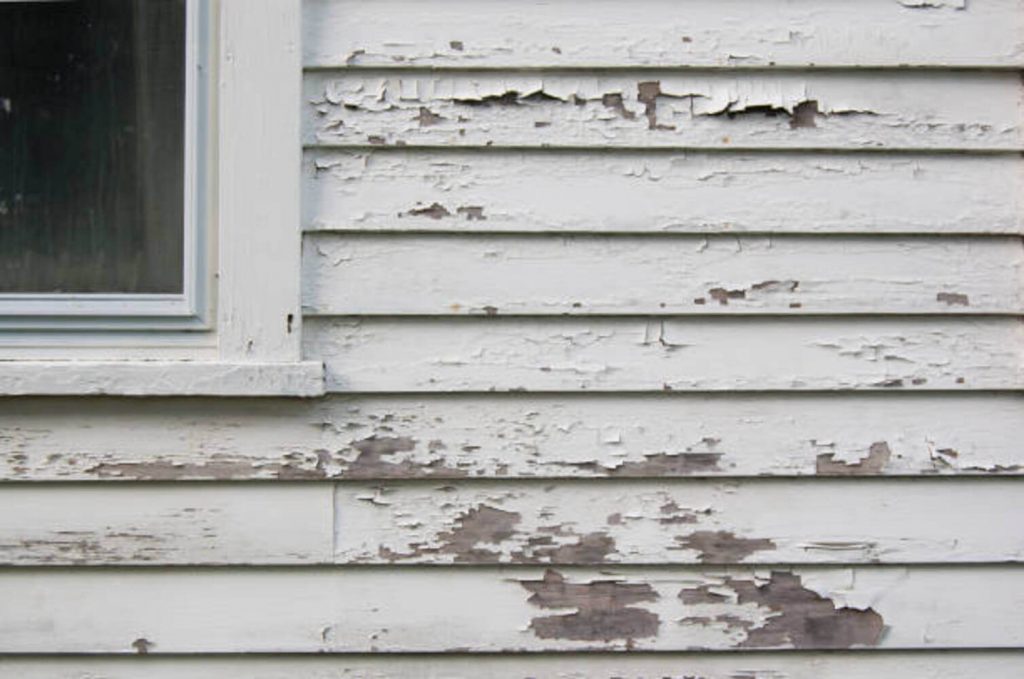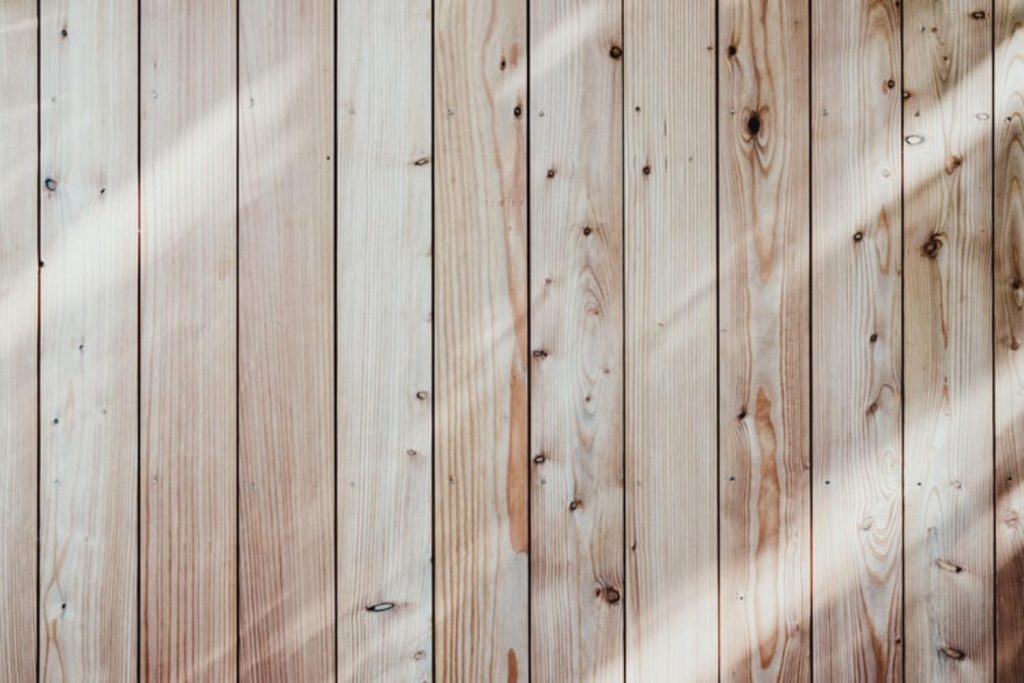
Picking the right exterior for your home is more crucial than you think. It can have an impact on your house’s value, longevity, and the overall impression it makes to everyone. That said, two of the most popular siding options are engineered wood and traditional wood. But what’s the difference between these two? Many factors go into picking the most suitable one. In this blog post, you’ll learn about the benefits and drawbacks of each to help guide you in making the best choice for your needs.
Natural Wood vs. Engineered Wood
Natural wood is just as the name implies. It’s the same product that organically comes from trees that are cut and dried for exterior use. It comes in both vertical and horizontal settings that can be painted using stains. On the other hand, engineered lumber is made from layers of wood that have been pressed together with binding chemicals under high heat and pressure.
Difference in Cost
Both materials might come from wood, but they have a considerable gap in the price tag. Natural wood is the more expensive one which costs about $6.50 to $12 per square foot to install. Meanwhile, engineered wood costs only $3.58 to $8.58 per square foot. Based on this, you’ll averagely spend around $7500 for engineered wood and $17,000 for natural wood to coat a 1,500 sq. ft. home completely.
Pros and Cons of Engineered Wood
Pros: Engineered Wood is Durable
A huge advantage of engineered wood siding is that it is highly durable. It withstands the weather better, wards off insects, and even resists fire for a certain duration compared to natural wood. The chemicals used on it dramatically increase its durability and longevity, so you won’t have to worry about replacing it anytime soon.
Pros: Engineered Wood Siding Reduces Noise Pollution
Another benefit of having engineered wood siding on your home is that it reduces noise pollution. Natural wood and other exteriors might amplify noise that makes the sound of traffic or people prominent and distracting. On the other hand, Engineered wood doesn’t make a lot of noise when struck by soundwaves.
Cons: Engineered Wood Isn’t Eco Friendly
While the wood itself is entirely organic, the manufactured product and chemicals used during the process are not. It takes the same amount of resources from trees, but the finished boards come pre-finished with chemicals. Some of these binding ingredients can be harmful to humans and other living organisms under specific circumstances.
Engineered Wood Is Not As Beautiful as Natural Wood
When it comes to aesthetics, natural wood is still the king. The manufacturing process generally takes its toll on the composition of the material, stripping away the shine and texture that wood naturally produces. However, the difference can only be noticed up close.

Engineered wood siding is the more durable option.
Pros and Cons of Natural Wood
Pros: Natural Wood is Beautiful
It’s no secret that natural wood is eye candy. As a homeowner, you want to have the most beautiful home in your neighborhood as much as possible. Natural wood gives you just that. It has a shiny finish with a fine grain texture that results in a seamless design. On top of that, there are many types of natural wood, including redwood, cedar, pine, and cypress. Each material features a unique profile that can be utilized to match any architectural style.
Pros: Natural Wood Offers Good Insulation
A benefit of natural wood siding is its insulating quality. You know how it feels refreshing under the shade of trees, right? That’s sort of the same atmosphere natural wood provides. And when it’s paired with an energy-efficient home design, the result can be a comfortable and affordable place to live. Wood is good at keeping out the heat in cold climates and cool air in hot ones.
Cons: Natural Wood is Expensive to Maintain:
Not only is the material expensive on its own, but natural wood siding also requires a lot of upkeep. It must be regularly stained and painted every few years unless you want your home to look shabby and worn. While this is not typically difficult, it can be time-consuming and financially challenging. On top of that, natural wood also rots over time, so you will have to apply treatment to preserve its state.
Cons: Natural Wood is Prone to Fire
A major disadvantage to natural wood siding is that it’s highly susceptible to fire. Even a small, outside fire can cause your home’s exterior to quickly ignite and spread through the inside. This is because most types of wood have an oil content in them which makes them very flammable. So if you live in wildfire-prone areas, make sure to take extra steps to protect your home.

The beauty of natural wood is undeniable.
The Final Verdict
In the end, both natural and engineered wood has their own strengths and flaws. If you have a generous budget and want to go for aesthetics, natural wood is the way to go. Engineered wood will serve you well if you want practicality while sacrificing a little bit of the exterior appearance. Remember to do more research to arrive at a sound decision!
